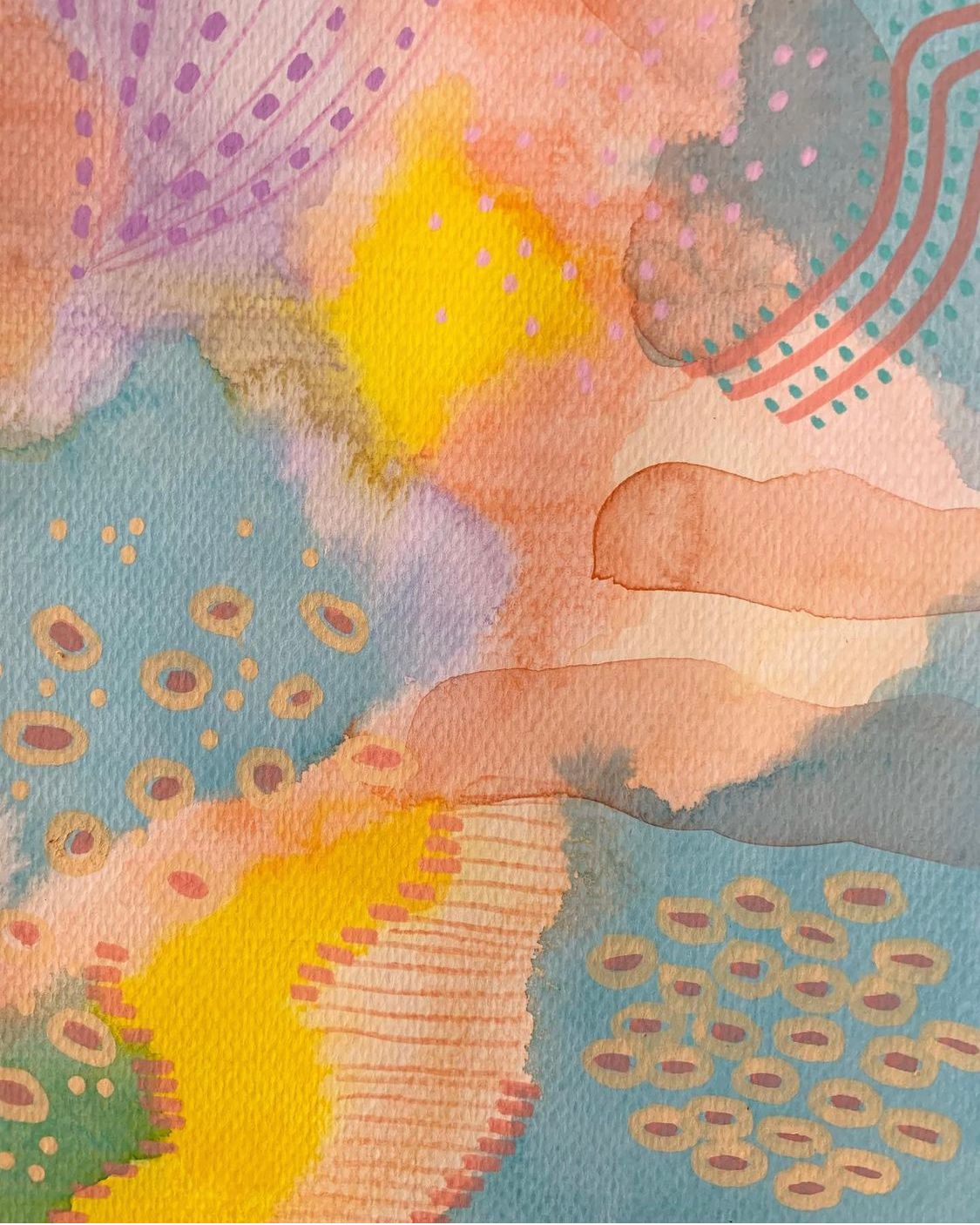I come across the following sentence from Tennessee Williams: Has it ever struck you that life is all memory, except for the one present moment that goes by you so quick you hardly catch it going? . I find the phrase difficult to translate, but I would translate it as something like, "Has it ever occurred to you that life is all memory, except for the very present moment, which passes you by so quickly that you can hardly capture it happening?" When I read it, I feel an amazement. It is necessary to absorb it carefully. It seems both obvious and shocking.
Memory, such a beautiful word. The relationship between psychoanalysis and memory is one of intimacy. Already at the beginning of its history, we Studies on hysteria , Freud states: "Hysterics suffer mainly from reminiscences." The work of analysis is thus structured around remembering, or, to use the title of a wonderful text by Freud himself, remembering, repeating and elaborating. Because it is not enough to remember within oneself, it is necessary to remember by talking, listening, listening to oneself, in order to elaborate.
Tennessee Williams' phrase makes us think about this record of memory, which is a relationship with time. It makes us see how phenomenal it is that we need to invest so much time working on something that has happened, that has been left behind, that can no longer be relived concretely and materially. The instant-already – an expression by Clarice Lispector that I like very much – in the next minute, became the past.
However, if on the one hand, the past is lost, on the other hand, it is it that constitutes us and continues to have a powerful effect on us. As Freud recalls:
(...) A psychic suffering that is recalled in the waking conscious state still causes a tear discharge long after the event. (p. 43, Studies on hysteria , Standard Edition).
To suffer from what happened. I was thinking about all this when I found the following poem by Arnaldo Antunes:
Miss
I don't miss it
From what I lived
'Cause everything
It's here
Bodied
Inside of me
Like a liver
a pancreas
a kidney
I don't miss it
From what I lived
(I saw, heard, dreamed, felt)
for it has already become
What I am
I don't miss it
From what I lived
I miss what they lived
those with whom I lived
Not from what I've seen, from what they've seen
Not from what I've heard, from what they've heard
Of what they dreamed, of what they felt
The people I lost

Something lost and also incorporated. I like Arnaldo's use of the verb "encorpar", because it puts the body on stage, it brings the idea that we give body to what we live. And, after all, don't we give the same place to what we live, in our body — even if this can happen without our knowledge? The experiences are intertwined on the skin, inside and out, making the dimension of what Williams points out appear, that life is pure memory, that we are memory.
At times, I felt — and still feel — a strong strangeness when I thought that my body today is, to some extent, the same body as when I was a baby. Of course, it has undergone intense transformations and, in a way, it is no longer the same. However, it is also that same body, from the past, that I have been carrying with me throughout all these years. In the material record, there is no rupture, but in memory there seems to be. What I am trying to say is that time keeps running, it keeps happening, but memory works in another way, it seems to be an effect of time on the body.
There are moments, instants, which in fact establish themselves in our bodies as true marks, unique moments, most of the time of (mis)encounters, pains, epiphanies. There are so many others that go unnoticed in the fabric of life, will remain dissolved, pulverized, perhaps crushed among the great events — that do not necessarily reside in the extraordinary, sometimes, on the contrary, they are found in the most absolute banality.
Is that what it is all about, multiplying the instants that are marked on the body? How much of this is intentional? How much of this happens exactly when we are distracted? Perhaps trying to grasp the present moment, this one that is so fleeting, is a path.






